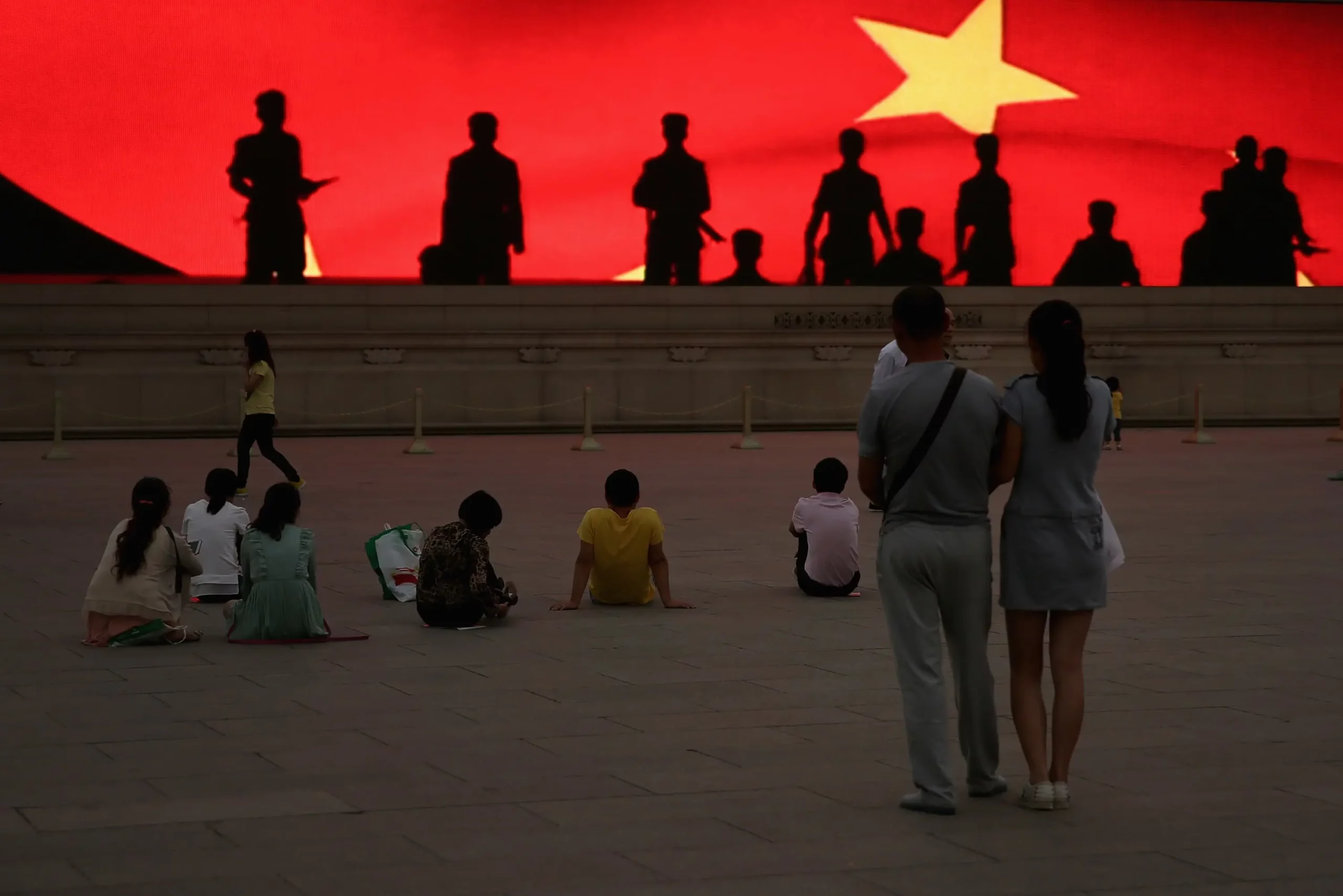Moody’s, a rating agency, has downgraded China’s government credit outlook from stable to negative.
This move reflects concerns over China’s medium-term economic growth. It also highlights risks in the vast property sector.
The agency cited the need for financial support to debt-ridden local governments and state firms.
This necessity poses risks to China’s fiscal and economic strength. Moody’s stated these concerns in a recent announcement.
This adjustment marks Moody’s first change in its view of China since 2017. Then, it reduced its rating due to slowing growth and increasing debt.
Despite the revised outlook, Moody’s has maintained China’s A1 long-term issuer ratings. However, it projects China’s GDP growth to slow down.

Expectations are for a decline to 4.0% in 2024 and 2025, with an average of 3.8% from 2026 to 2030.
Analysts believe China might meet its 5% annual growth target this year. Yet, economic activities show significant variation.
China’s recovery post-COVID has been challenging. The housing crisis, local government debts, global slowdown, and geopolitical tensions have hindered progress.
Policy measures have offered limited benefits, signaling a need for more stimulus.
Local government debt
According to IMF reports, local government debt in China stood at 92 trillion yuan ($13 trillion) in 2022.
This debt amounts to 76% of the country’s economic output, up from 62.2% in 2019. Economists view this as a major economic risk.
China’s Finance Ministry expressed disappointment with Moody’s downgrade. The economy’s recovery and trend remain positive.
The ministry also considers property and government debt risks manageable.
It argues that Moody’s concerns about growth and fiscal sustainability are unnecessary.
In response, China plans to issue 1 trillion yuan in sovereign bonds by the end of the year.
This initiative aims to boost the economy, increasing the budget deficit target to 3.8% of GDP.
The central bank has also taken action. It cut interest rates and added more cash to the economy. These steps show a commitment to continued policy support.

